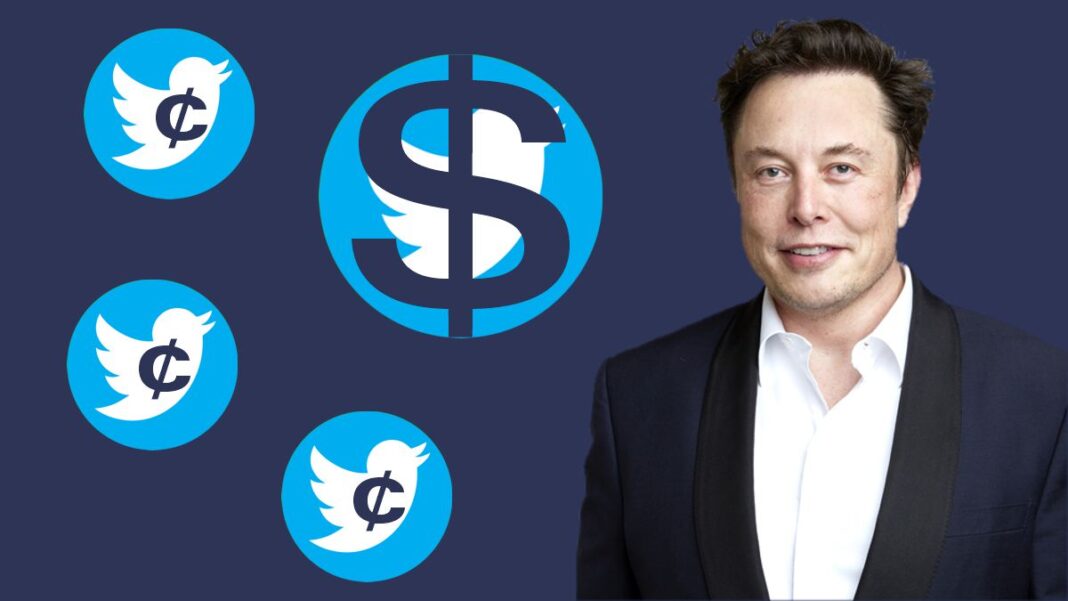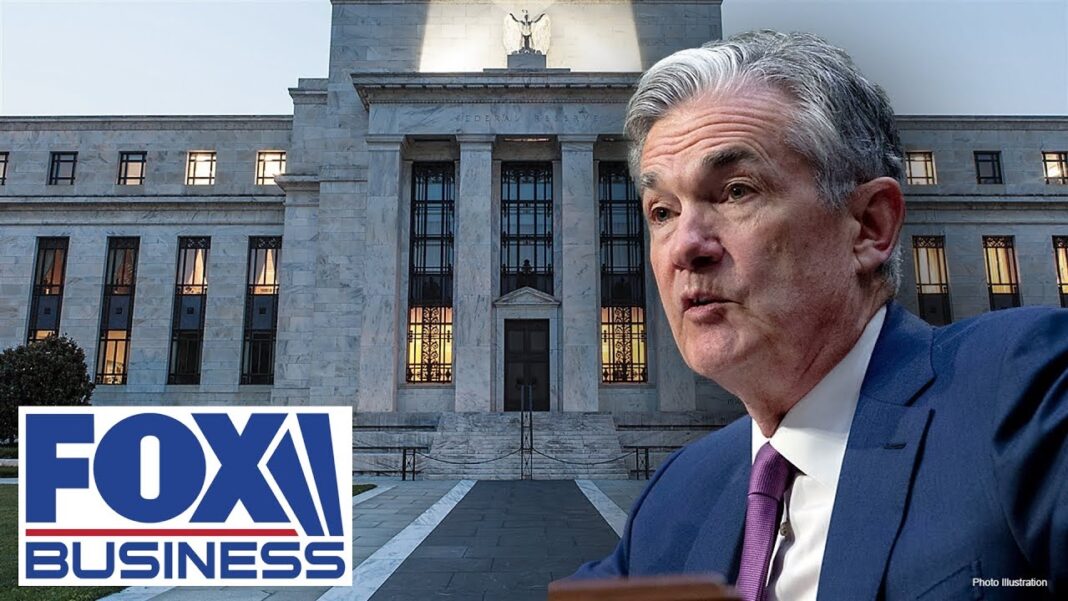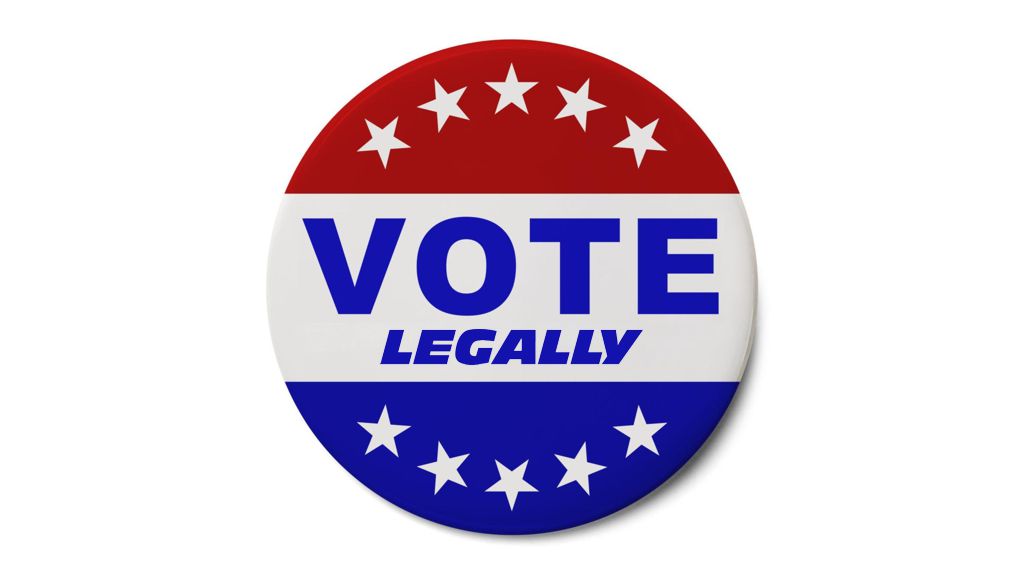What started off as a 9.2 percent stake in Twitter this past spring has turned into a litigious affair between billionaire Elon Musk and the social media giant.
The Tesla and SpaceX CEO decided to terminate his $44 billion agreement to acquire Twitter based on the issue of bots, alleging that the company is misrepresenting the number of fake accounts on the social media platform. But Twitter has accused Musk of breaching the obligations of the merger agreement, filing a lawsuit that could force Musk to complete his purchase of the San Francisco-based tech firm.
The corporate dispute has been expedited to a Delaware court for five days in October. Musk had requested two weeks in February, arguing that there was no need to rush a trial. But Chancery Court Chief Judge Kathaleen St. J. McCormick wasn’t convinced of that delay, arguing that the battle was “creating a cloud of uncertainty” and that “continued delays threaten imminent harm” to the business.
With the case occurring this fall, which Musk attorney Andrew Rossman calls a “warp speed trial,” there is plenty of speculation on what could happen.
Legal experts contend that the most likely outcome is that the two sides will settle and reach an agreement at a lower price because that would be more beneficial for shareholders. For now, Musk is the only person interested in buying the social network. Therefore, his takeover bid is only competing with the market value, so he may have more to gain by threatening to walk away from the deal, some attorneys assert.
But what are some of the other potential outcomes?
The Next Stage in the Musk–Twitter Saga
Francis Pileggi, the managing partner at the Wilmington office of law firm Lewis Brisbois, told The Epoch Times that there could be plenty of developments in this case. One of these scenarios is that the court will decide that Musk is justified in walking away from his takeover bid.
“Just to give you a hypothetical: If it turns out that instead of 5 percent, it’s 45 percent, or 50 percent of all accounts are bots, that would be a game-changer,” he said.
By Andrew Moran and Emel Akan








